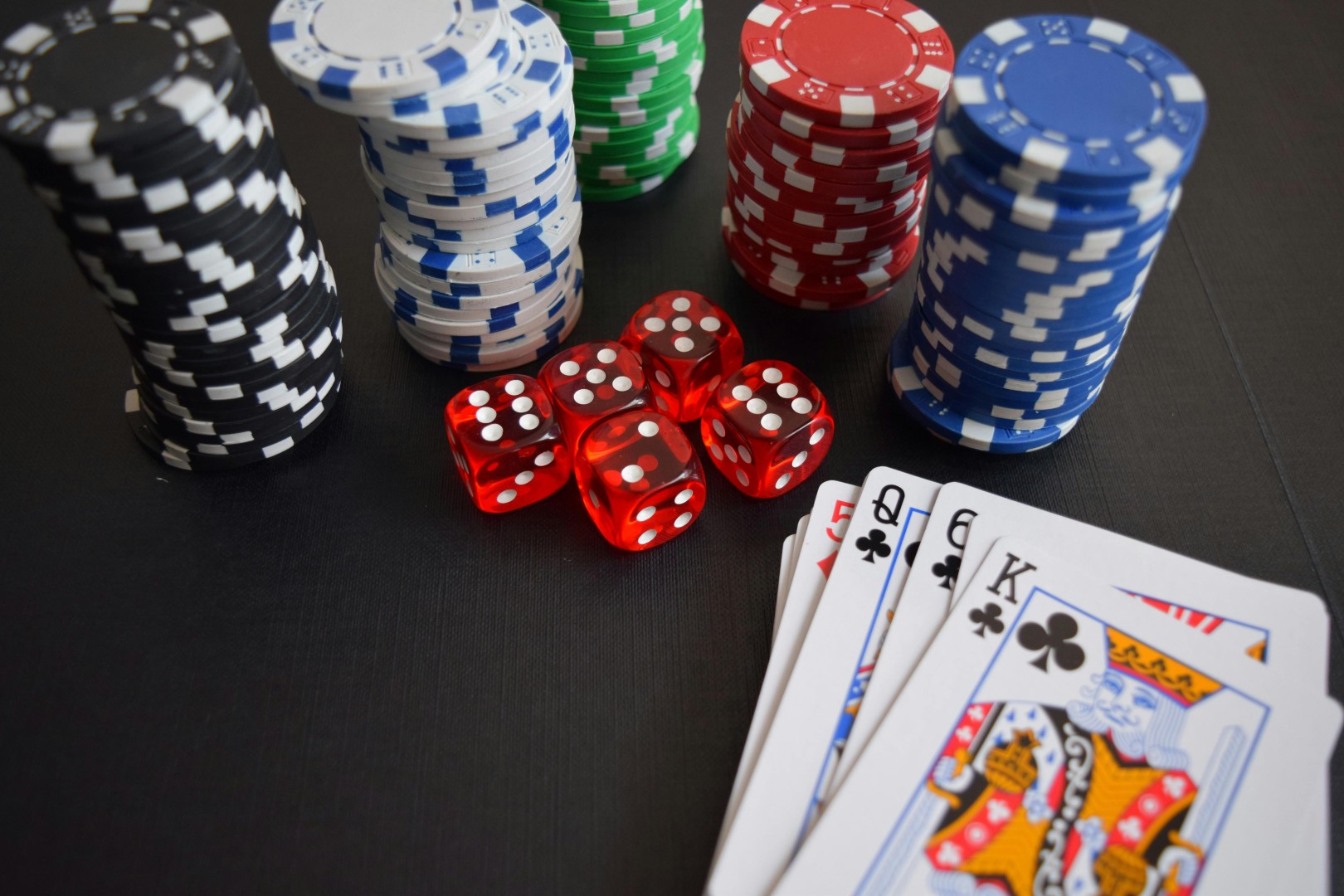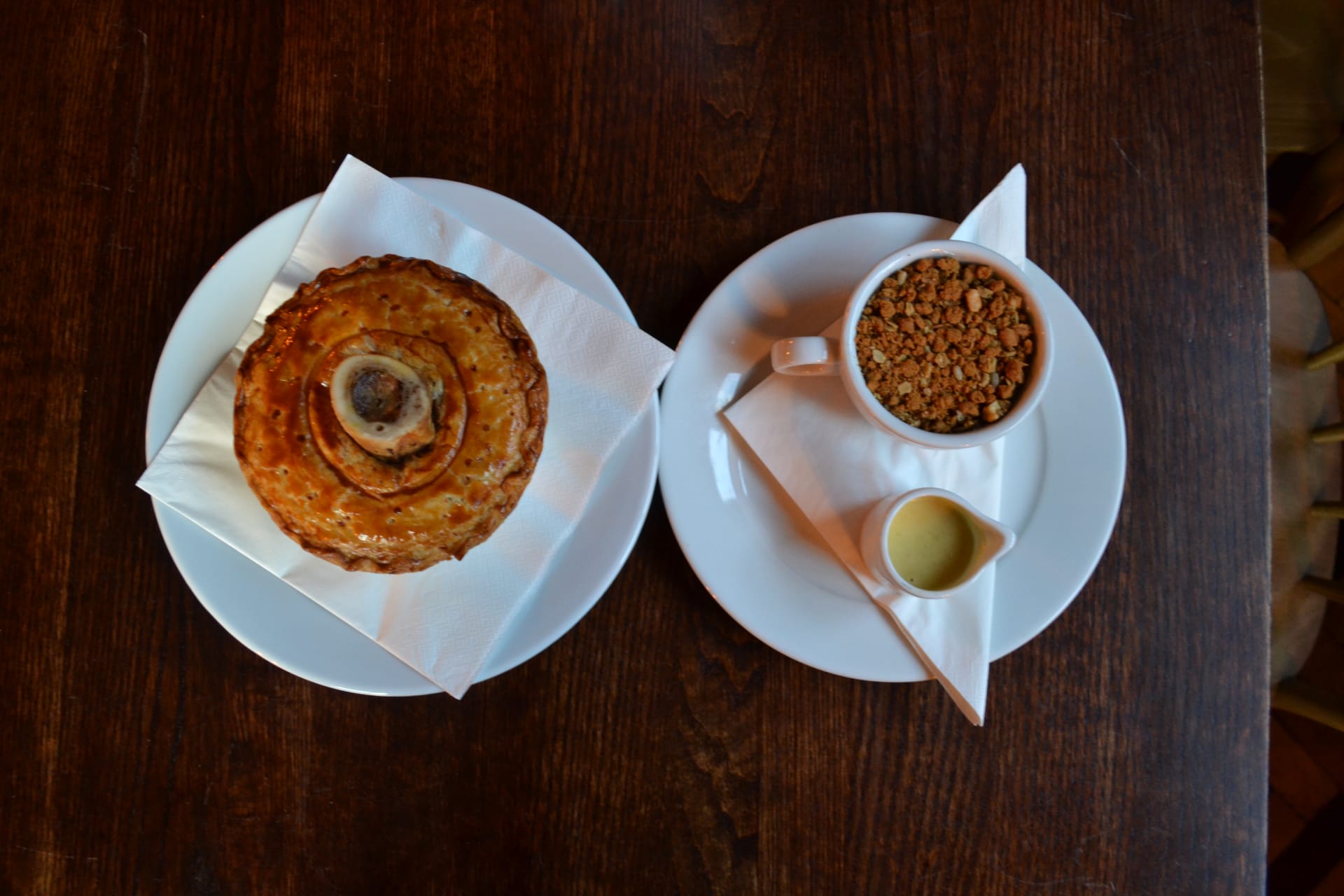At first glance, card games and horse racing might not have much in common apart from being around us for centuries, but if we look closely, we can find some similarities, especially when it comes to calculating odds.
Card games are all about math and probabilities. Most games are played with a fixed number of decks, which means that you can calculate how likely a card is to appear next. Similarly, in horse racing, there are multiple possible outcomes to a race, each with a distinct probability.
Horse racing and card games — whether it’s poker, blackjack, or even online strategy card games — have more in common than you think.
And no, it’s not just about the thrill of winning money (though that definitely helps).
So, the question is, what can people who play card games learn from jockeys and odds? Do handicappers who follow horse racing have an edge when they are playing card games?
The Odds
Obviously, the biggest similarity between card games and horse racing are the odds. Let’s be real, nobody becomes a good jockey or winning in a particular card game by winging it. So, at the core of both horse racing and card games is an understanding of odds.
In horse racing, odds are set based on the perceived chance a horse has of winning. The odds are affected by the bets in the system, and as more people place money on a single horse the horse becomes a favorite and the odds are lower. So, if you see a 2:1 odds horse, that’s the favorite, and the one with 80:1 can be considered as a longshot and it is avoided by most people.
These odds are calculated based on previous performances, track conditions, trainers, jockey experience, and many other elements that these handicappers look into. They are crucial to crafting horse betting strategies.
Now let’s compare that to card games. Every move in a particular card game is based on probability. For example, if you are playing poker, what are the odds you’ll hit that flus on the river? (probably slim).
Good card game players can calculate risks in real-time, and with risk calculation you’ll learn more about how likely is the outcome you desire.
So, what can card players learn from horse racing? Well, it is all about calculating the odds and the risks you are willing to take. The odds aren’t just numbers, they tell a story and can give you your risk in a number format, and most importantly.
Instinct vs. Information
Jockeys don’t just follow a set playbook. Sure, they study the horse’s style, the competition, and the track, but when the gate opens, they’re making split-second decisions. Should they push forward early? Hang back and conserve energy? Go wide or squeeze through a tight gap? Their experience is critical—but so is their gut.
Same strategies apply to poker. There’s no perfect handbook that says, “If your opponent twitches their left eyebrow, they’re bluffing”. Betting sites not on gamstop says that successful players rely on a mix of data and instinct. You need math, yes—but also a read on human behavior.
Card gamers—especially those into games like Magic: The Gathering, Gwent, or even digital CCGs—can relate here. The meta might tell you one thing, but if you know your opponent loves risky plays, your instinct might scream something different.
Trust the data, but don’t ignore your instincts. The blend of logic and intuition is often what separates casual players from seasoned pros. Calculate the probability and use that information to make a decision.
Emotional Control Is Everything
If you’ve ever bet on a horse and watched it stumble right out of the gate, you know what tilt feels like. It’s that rush of frustration, that temptation to double down on the next race to “get it back.” Jockeys themselves feel pressure too—especially when the stakes are high. But the greats don’t let emotion cloud judgment.
Same with card games. Every player has had that moment—the bad beat, the impossible draw, the hand that should’ve won but didn’t. Tilt is the enemy of strategy. The second emotion takes over, decision-making goes out the window.
Master your mindset. In both horse racing and card games, the biggest losses often come not from bad luck—but from bad reactions. Embrace the calm of a jockey mid-race or a poker pro mid-bluff.
It Starts Long Before the Action
Here’s the part people forget: jockeys don’t just show up and ride. There’s insane prep—training, understanding the horse, learning the track, analyzing competitors. It’s almost like they’re video game speedrunners dissecting every corner of a level to save half a second.
Poker players? Same deal. You think they sit down at the table without reading opponents, practicing hands, or reviewing prior games? Nope. They’re students of the game long before the cards hit the felt.
Even competitive card gamers know this. You can’t just pick a deck and hope for the best. The pros study matchups, anticipate meta shifts, and practice lines of play obsessively.
If you want to win, prepare like a pro. The real grind happens before the race or the first hand. It’s not sexy, but it’s the difference between consistent wins and hopeful guesses.








